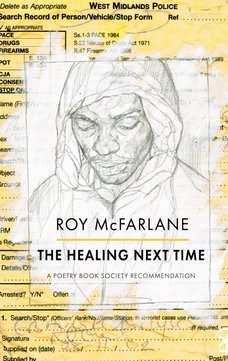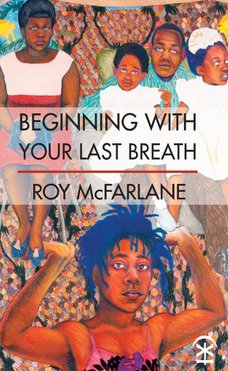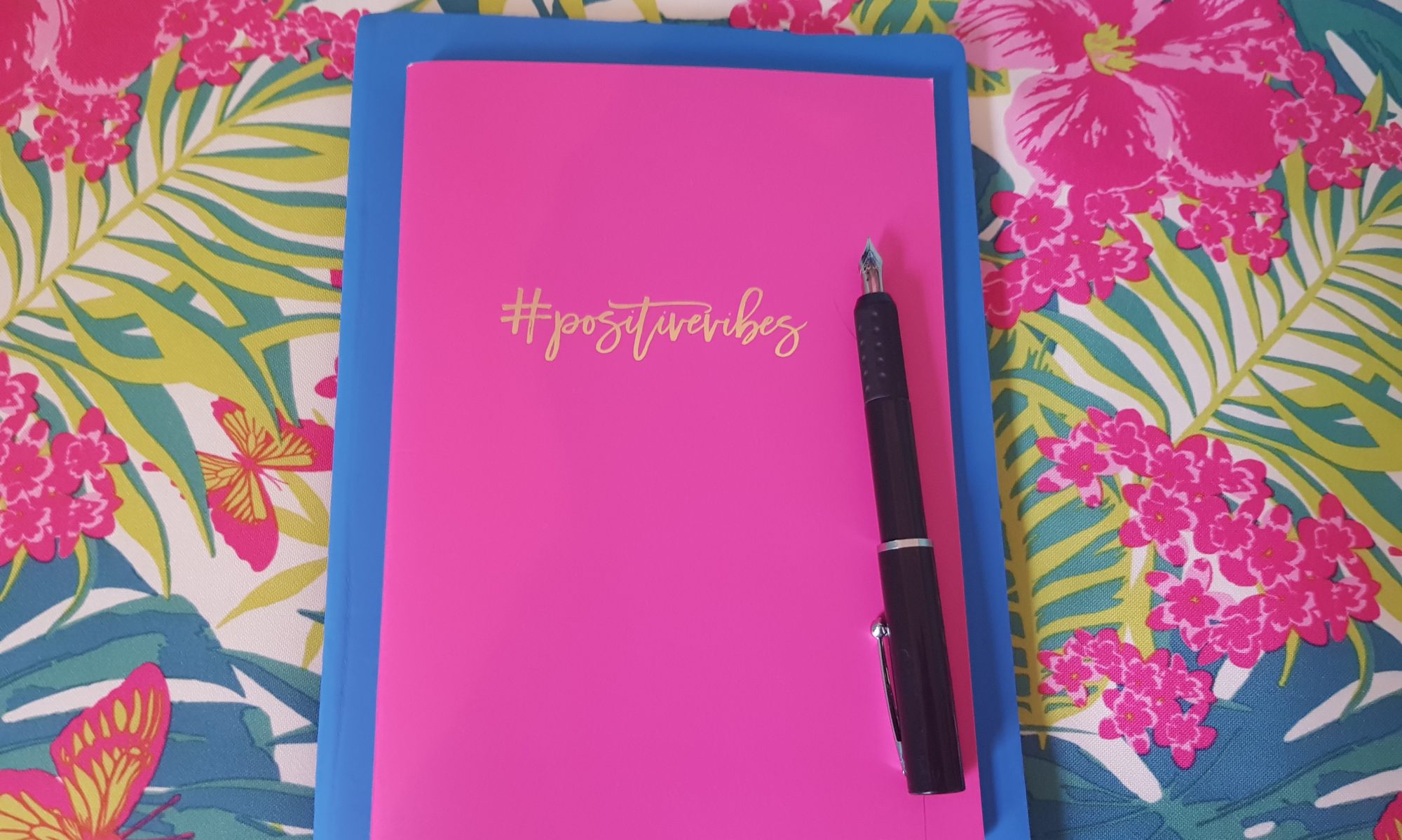Central to Roy McFarlane’s Poetry Book Society Choice, Jhalak Prize longlisted, Ted Hughes shortlisted collection, The Healing Next Time, is the section titled: ‘…they killed them’. Here, in the heart of the book which becomes transplanted into the heart of the reader, McFarlane courageously and technically skilfully allows us to witness the harrowing moments in which people such as David Oluwale and Joy Gardner, die.
As reader-witness to these events, initially, we feel helpless and mournful. Then we feel angry at these avoidable deaths. Although these atrocities, ranging from 1969 to 2017, have been covered by the media and memorials, McFarlane’s poetic approach brings the devastating dying moments of mothers, brothers and sons, into sharp and present focus.
Events have been taking place in Leeds to mark 50 years since the death of David Oluwale, who ‘felt the kick between his legs, the piss that poured upon his head’ as he was attacked by the ‘custodians of the law’ until ‘they dragged his lifeless body’ from the River Aire. In this poem, McFarlane reveals the contrasting representations on official documents ‘British wog’ and contrasting views of a ‘popular young guy, sharp dresser, excellent dancer’ is coupled with defamatory italics ‘menace to society, a nuisance to police, a frightening apparition’, examples of the racist slurs these victims were subjected to.
McFarlane’s refusal to shy away from shocking truths and institutional racism, gives the reader permission and encouragement to question, to speak up and to challenge. In the case of Oluwale, a young police cadet was brave enough to speak up, despite the backlash he may have faced, which led to some level of justice.
The brutal use of ‘body belts, chains, handcuffs’ and ‘13ft of tape’ on a mother, in front of her five-year-old child, is harrowing. Although they ‘taped her head…and right here, she ceased to breathe’ no one was ever convicted for the death of Joy Gardner. Brutal procedures may have ceased but institutional racism and deaths in custody persist to 2017, as we see in the subsequent poems.
Just as the ‘wailing woman’ who cries ‘on the floor’, the reader-witness asks ‘Whyyyyy?’. The lives and loss of life at the heart of this collection are written with deep respect for the victims and their loved ones. McFarlane’s work as a Youth and Community worker has given him the foundation to approach these sensitive topics with facts, compassion and a desire to teach. This essential collection is important for younger generations to learn our history and to create change for the future. For older generations, it’s an important reminder to never forget these people who were part of our communities and our migration story.
At the launch party of his collection, McFarlane revealed the tender, grateful family man he is. Generously inviting other talented performers, such as Casey Bailey and Reis Taylor Dixon, to share their incredible poetry and beautiful music. This is also an example of the way in which McFarlane considerately contributes to and welcomes writers into the poetry community. Throughout his powerful launch performance with his booming, soulful voice, McFarlane thanked his friends, colleagues and loved ones who have supported him on his journey to this, his second collection.
In the first section of the book, you can see this tenderness seep through as the image of ‘the family man’ is repeated on his journey through the turn of the new millennium. The final section, ‘Gospel According to Rasta’, is a celebration of Birmingham, otherwise known as ‘the city of a hundred tongues’. In his element on stage, McFarlane’s Birmingham born, Jamaican parentage tongue effortlessly and comically slips between the voice of the writer and the voice of the Rasta. Not only do I urge you to purchase his collections, I encourage you to see McFarlane’s performance on stage too. Also, if you are a writer, you must attend one of his writing workshops. At the first Nine Arches Press Word Play event, McFarlane’s writing prompts were thought and memory provoking, a heady and heartfelt mix that inspired the attendees to write their own poems.
I selected both of McFarlane’s collections for my December 2018 Poetry Book Club monthly reads as they show the development of a writer, personal experiences and public stories. Beginning with Your Last Breath, his debut collection, speaks of adoption, loss, love and finding oneself. The narrative nature of some of the poems allows the reader to participate in and feel the moment a son sees his birth mother for the first time:
The door opens and I see her silhouette
I see her walk down the stairs,
I see her and she sees me.
She cries out,
My son, my son.
Beginning with Your Last Breath also holds hints of his second collection as he subtly touches upon similar themes that appear in The Healing Next Time, for instance in his poem The Tebbit Test (Patriotism).
A line that continues to linger in my mind: ‘If poetry could take the pain away/it would begin with your last breath’.



